California and Nevada are taking steps towards legalizing psychedelics for personal and research purposes. California's Senate committee recently approved a bill introduced by Sen. Scott Wiener to legalize possession and facilitated use of several psychedelic substances derived from plants or fungi, including specific amounts of psilocybin, psilocyn, DMT, ibogaine, and mescaline.
However, synthetic psychedelics like LSD and MDMA would not be legalized. The bill also repeals the state law prohibiting the possession of spores or mycelium capable of producing mushrooms or other material containing psilocybin or psilocyn. Personal possession limits for each substance are also included in the bill.
The legislation also specifically provides for "group counseling and community-based healing" involving the entheogenic substances. While the bill does not include synthetic psychedelics, Sen. Wiener has said that he hopes to address them in the future.
Nevada lawmakers have also introduced a bill to legalize psilocybin and promote research into the psychedelic, as well as encourage studies of MDMA. The legislation would remove criminal and civil penalties for adults who possess, cultivate, or share up to four ounces of psilocybin. Researchers would be able to apply to study psilocybin or MDMA, and studies would focus on the potential mental health applications of the substances.
Both California and Nevada's efforts towards legalizing psychedelics signal a growing interest in exploring the potential therapeutic benefits of these substances. However, it is important to note that these substances can still pose risks, and their use should always be supervised by trained professionals in a controlled setting.










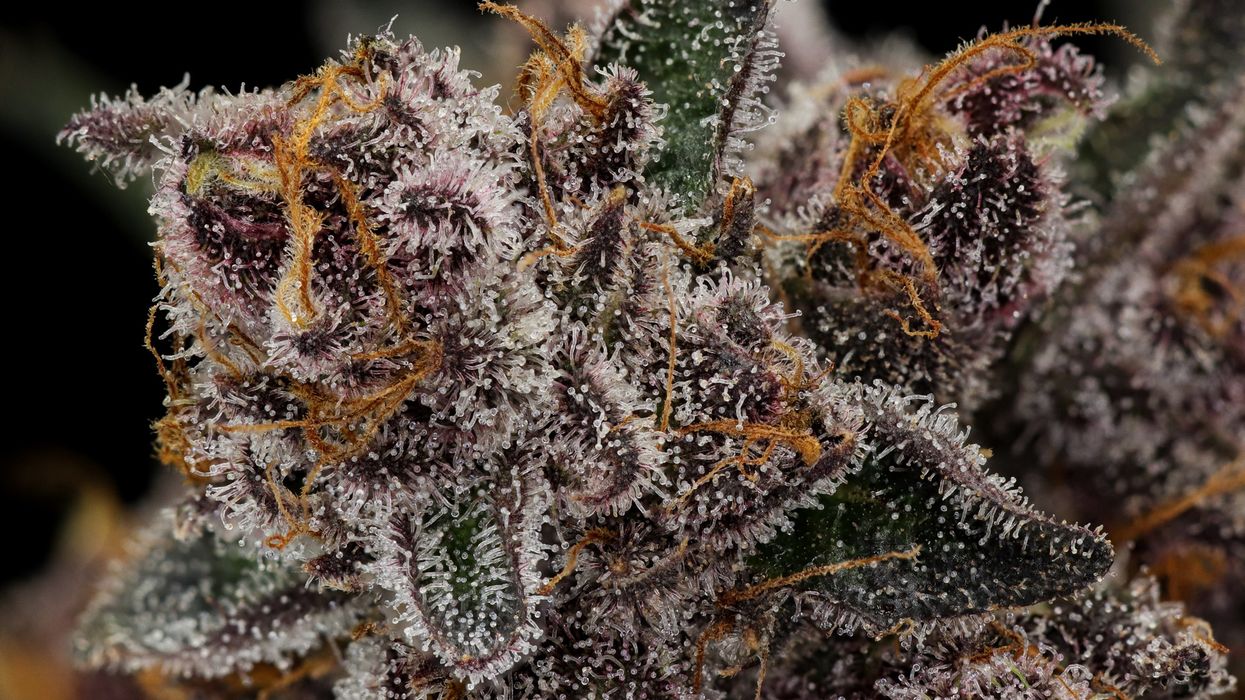



 How to Store Magic Mushrooms
How to Store Magic Mushrooms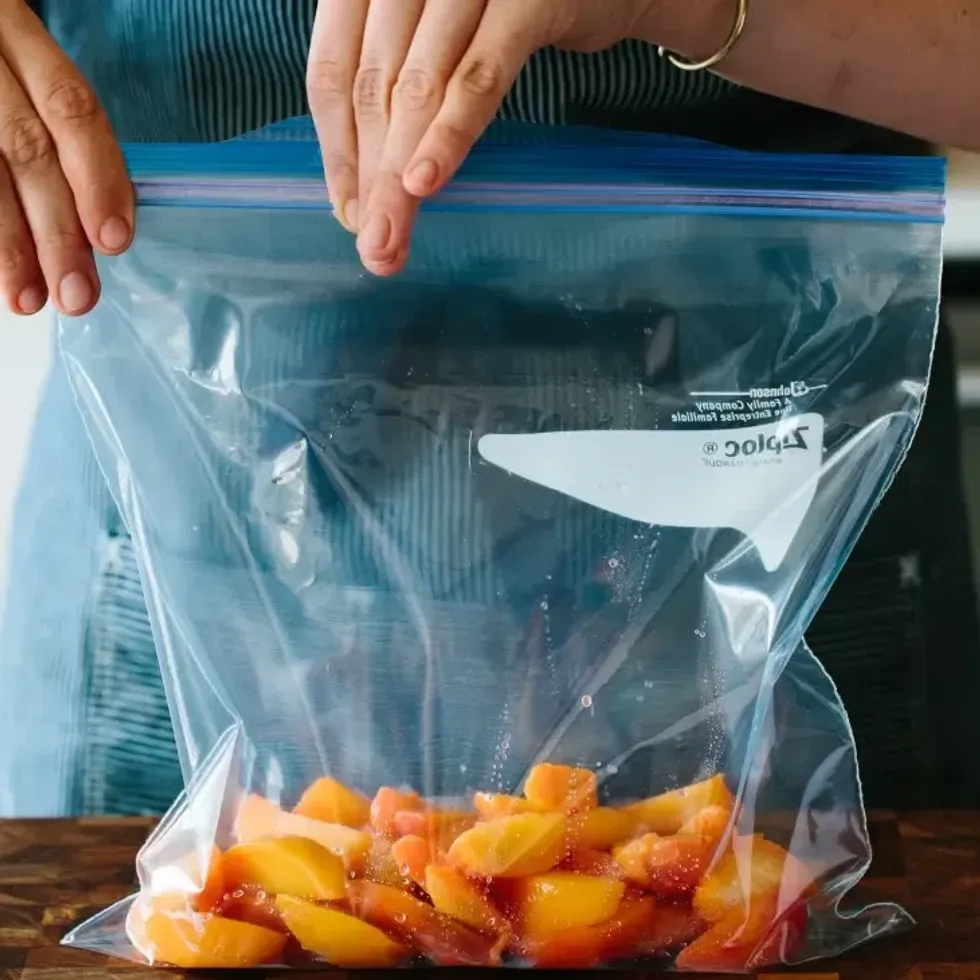 How to Store Magic Mushrooms
How to Store Magic Mushrooms How to Store Magic Mushrooms
How to Store Magic Mushrooms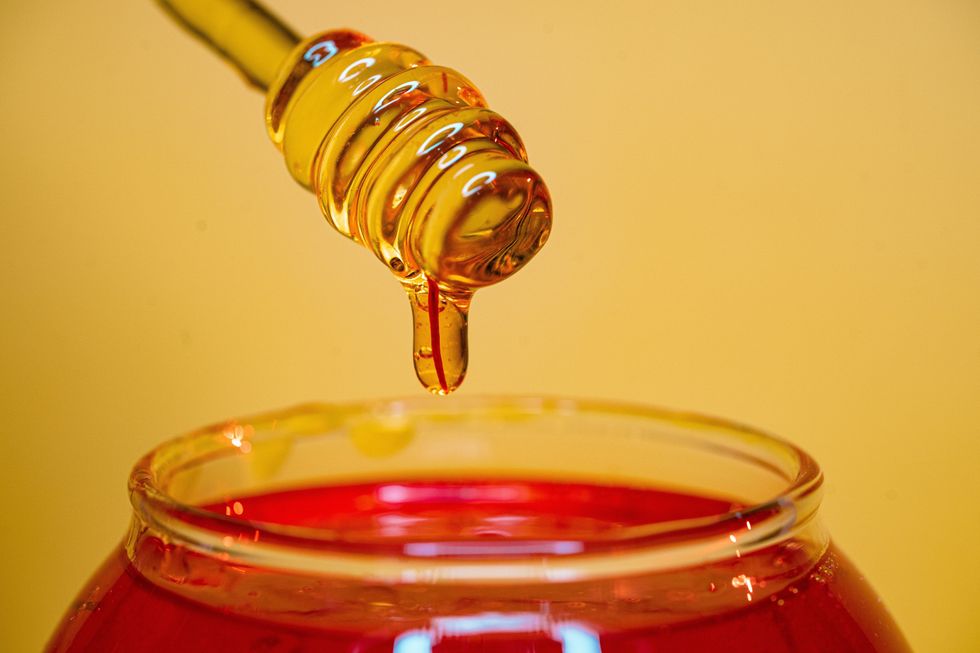 How to Store Magic Mushrooms
How to Store Magic Mushrooms How to Store Magic Mushrooms
How to Store Magic Mushrooms



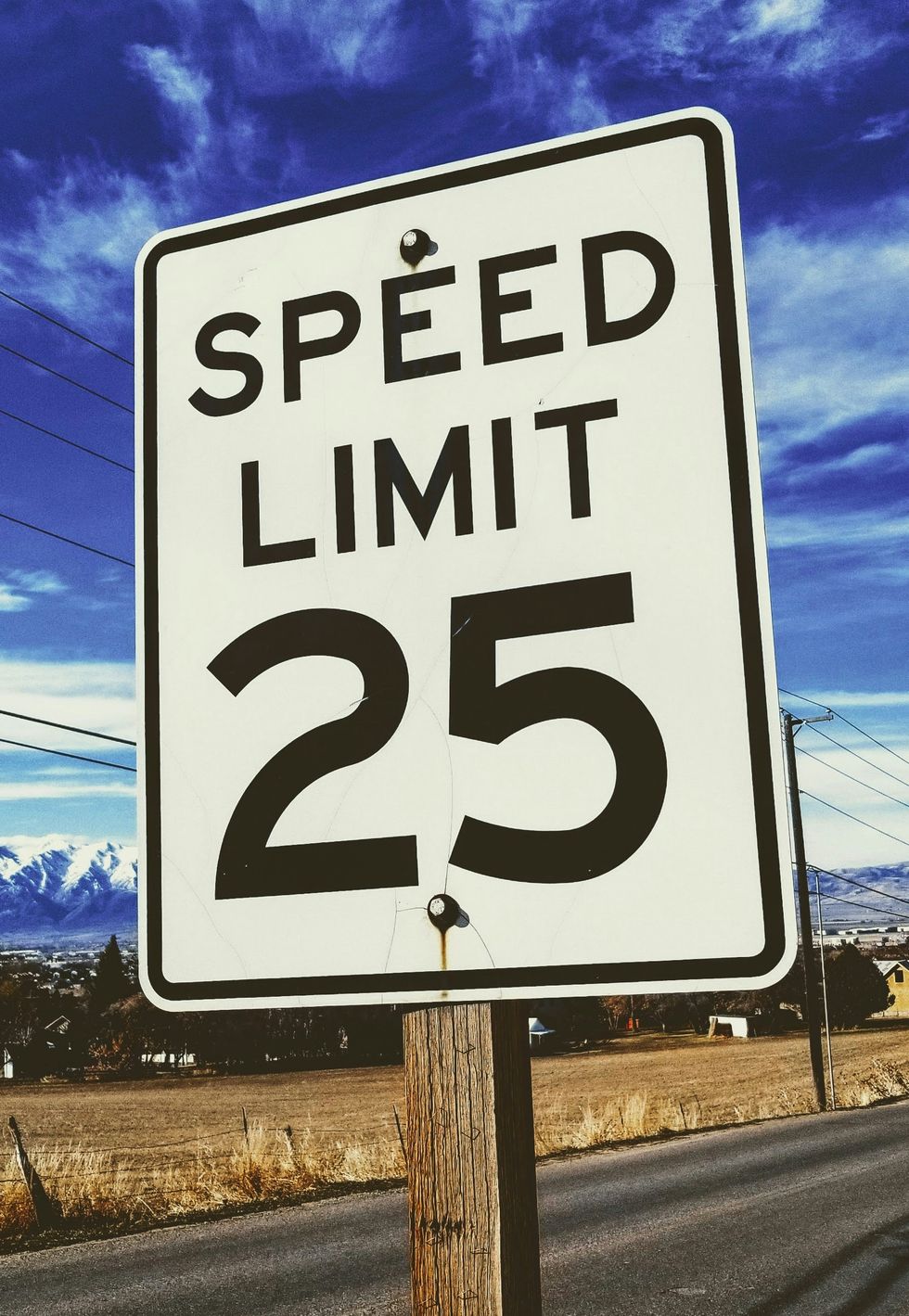



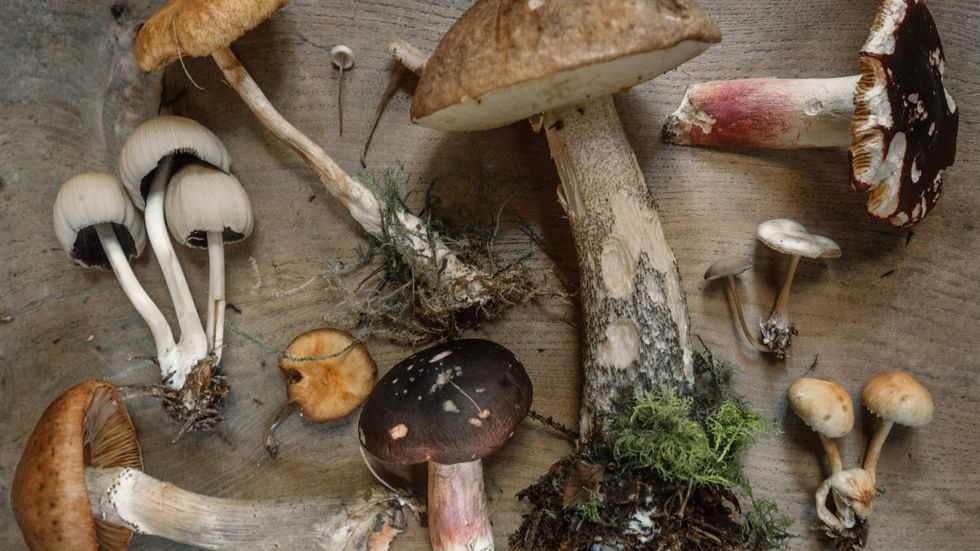 How Long Do Shrooms Last? Magic Mushroom Guide for Beginners - The Bluntness
How Long Do Shrooms Last? Magic Mushroom Guide for Beginners - The Bluntness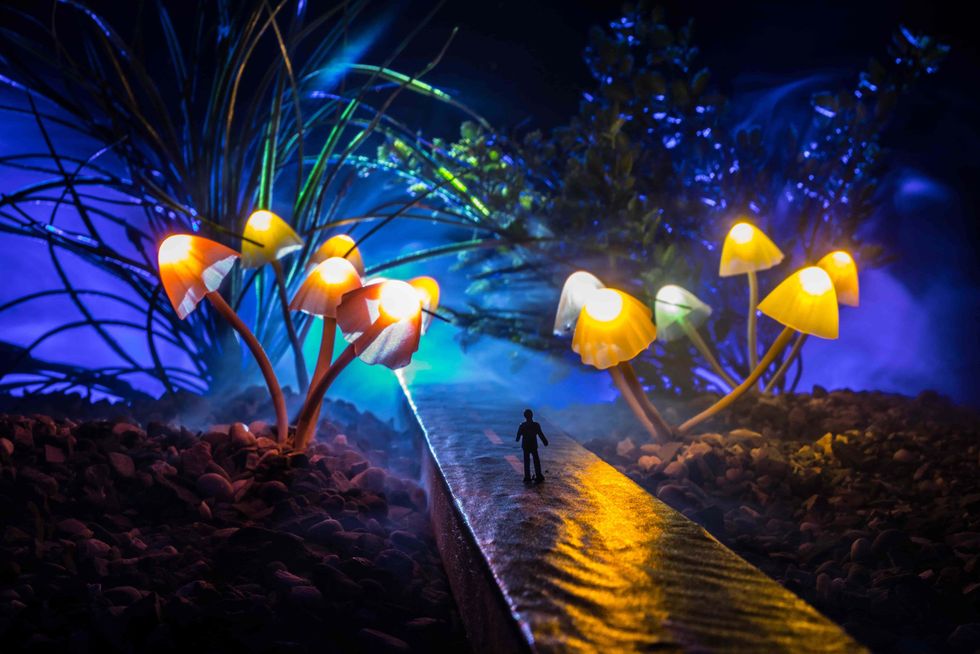 Psilocybin can provide a life-altering experience. -The Bluntness
null
Psilocybin can provide a life-altering experience. -The Bluntness
null
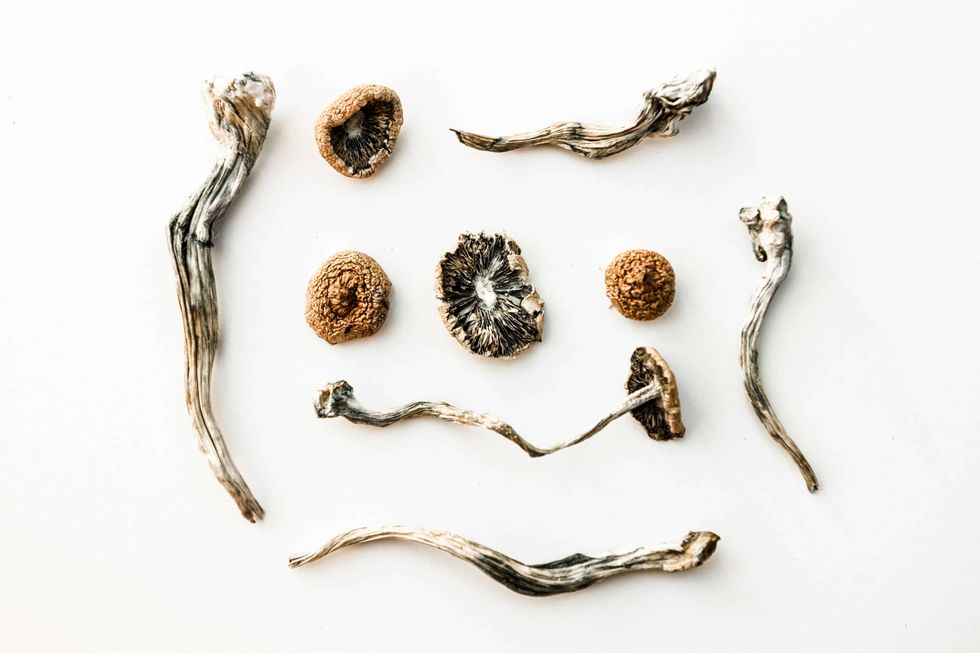 “Don’t diddle the dose. Once you have done your homework, go for it.” -- Terence McKenna
The Bluntness
“Don’t diddle the dose. Once you have done your homework, go for it.” -- Terence McKenna
The Bluntness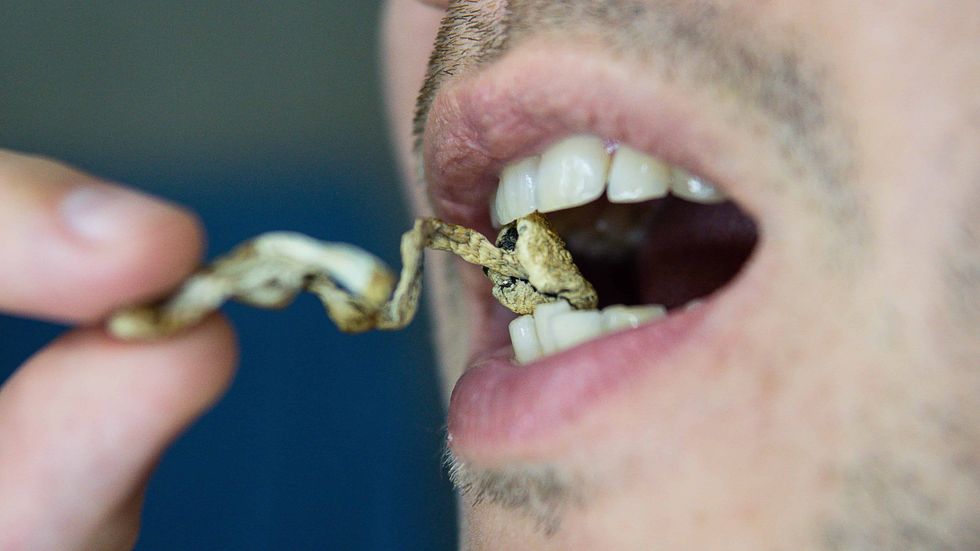 These mushrooms taste gross, but there are ways around that.The Bluntness
These mushrooms taste gross, but there are ways around that.The Bluntness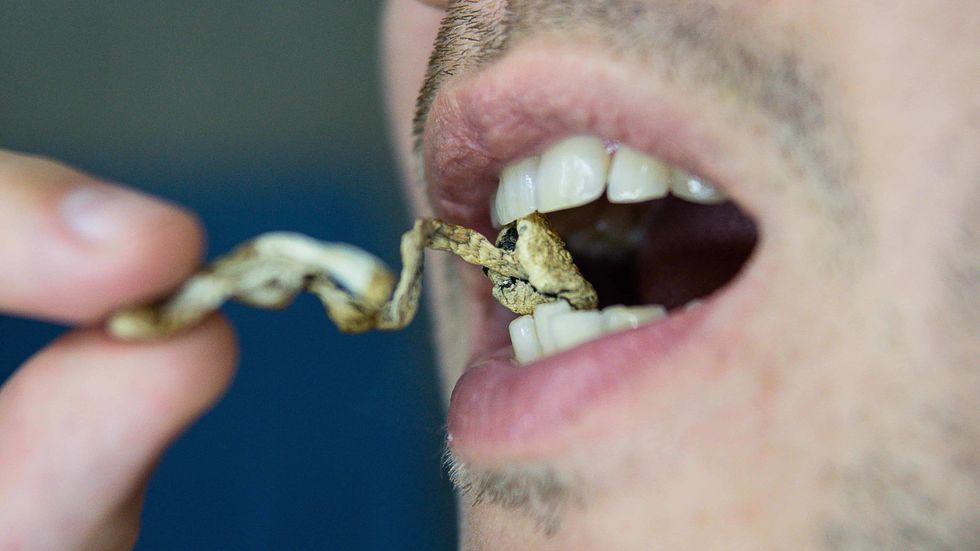 These mushrooms taste gross, but there are ways around that.
These mushrooms taste gross, but there are ways around that.
 How to Make Mushroom Tea - The Bluntness
null
How to Make Mushroom Tea - The Bluntness
null
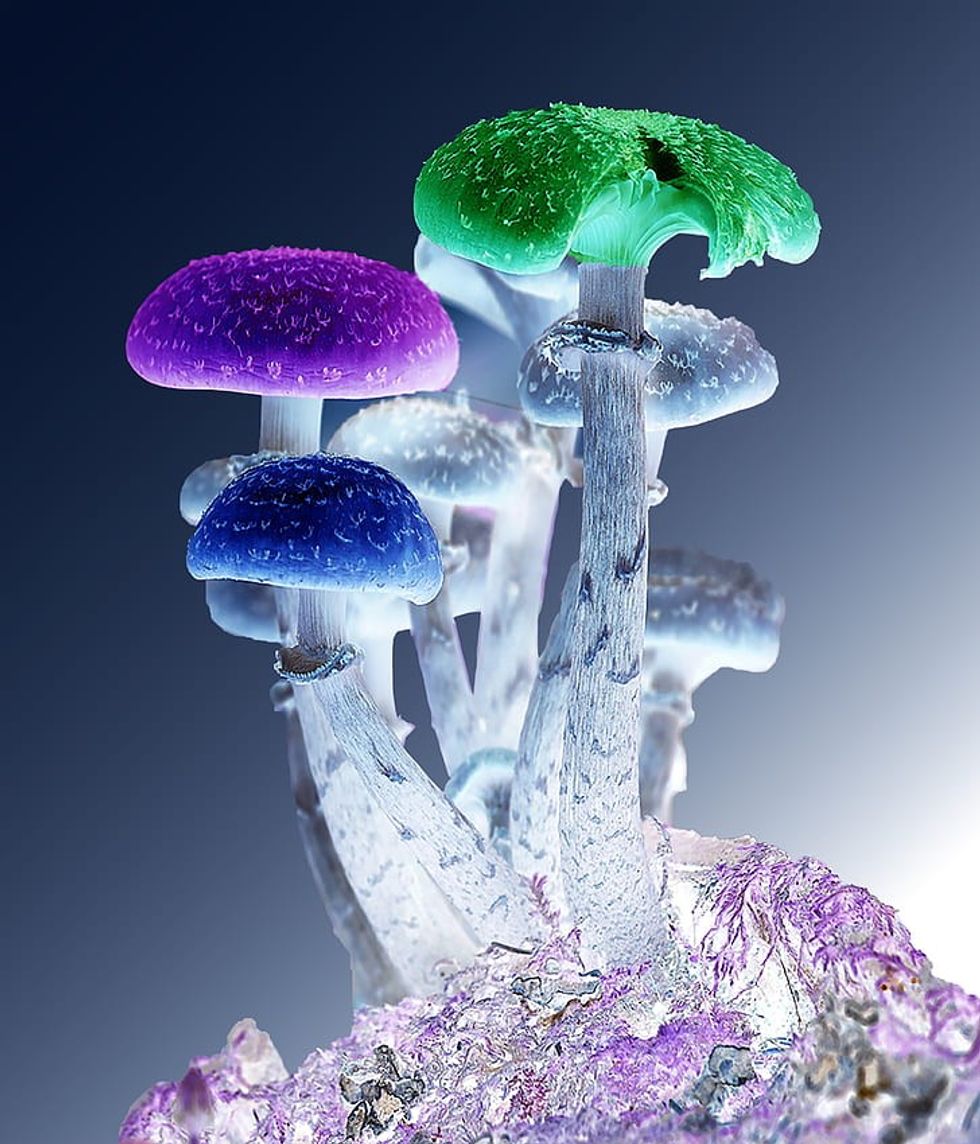 How to Make Mushroom Tea - The Bluntness
www.pickpik.com
How to Make Mushroom Tea - The Bluntness
www.pickpik.com